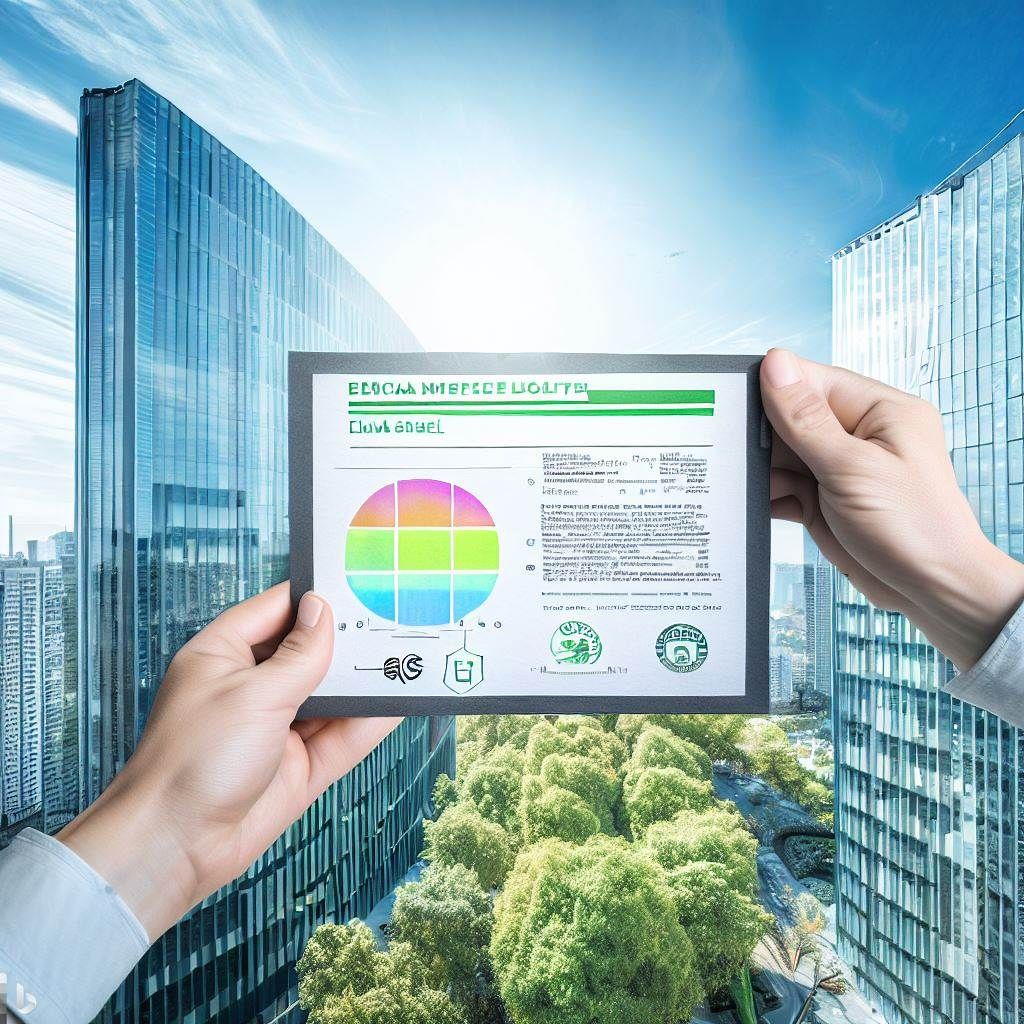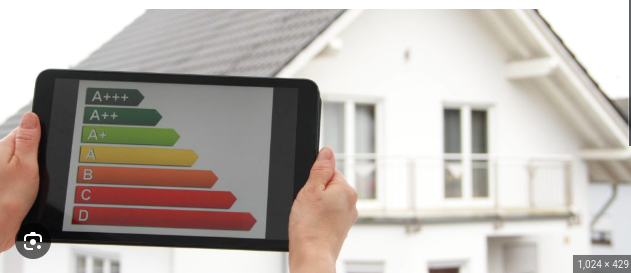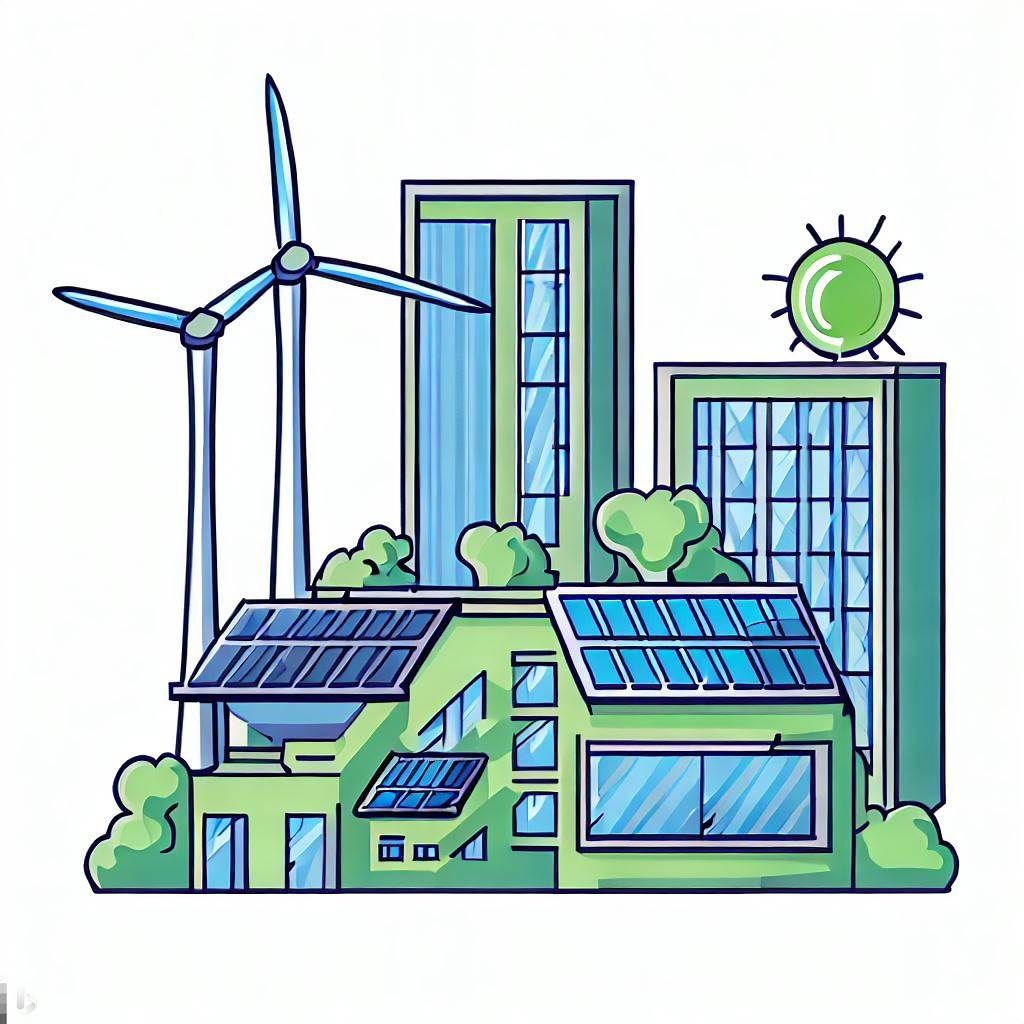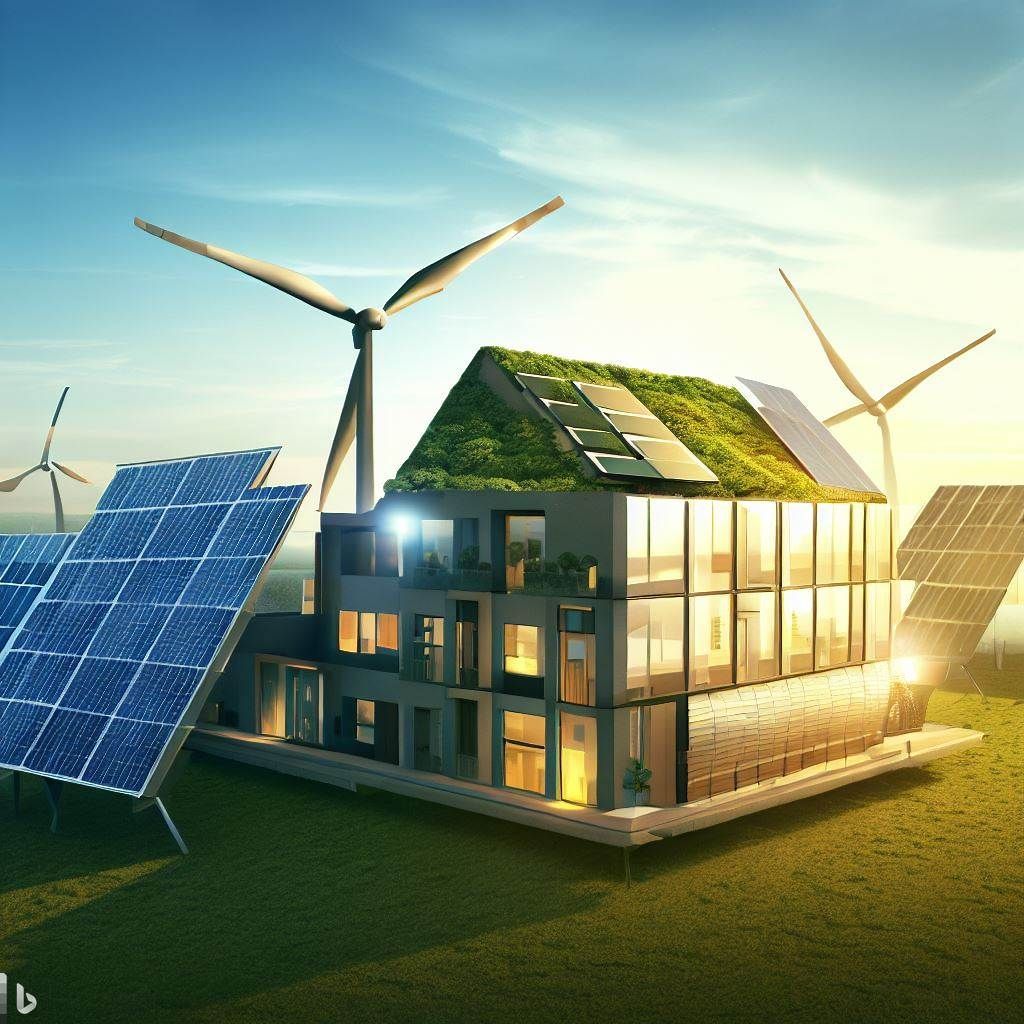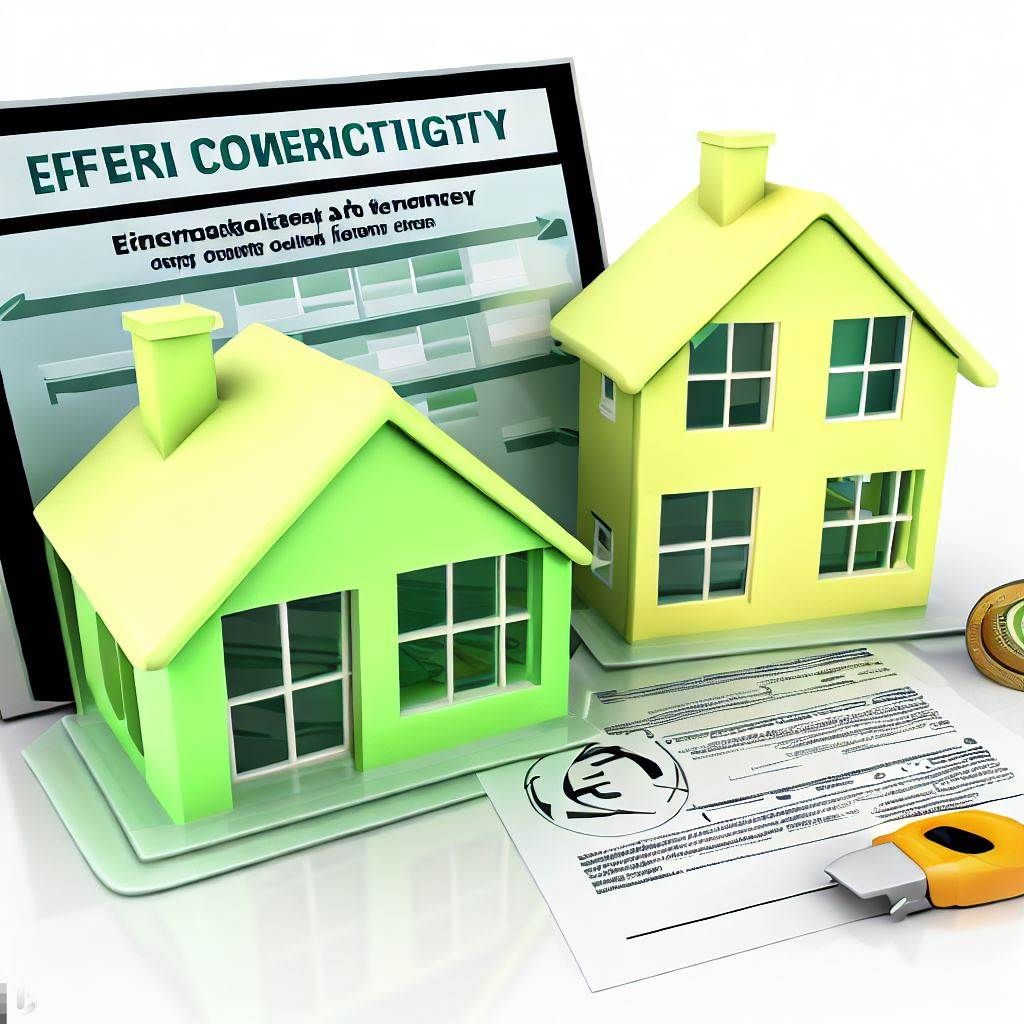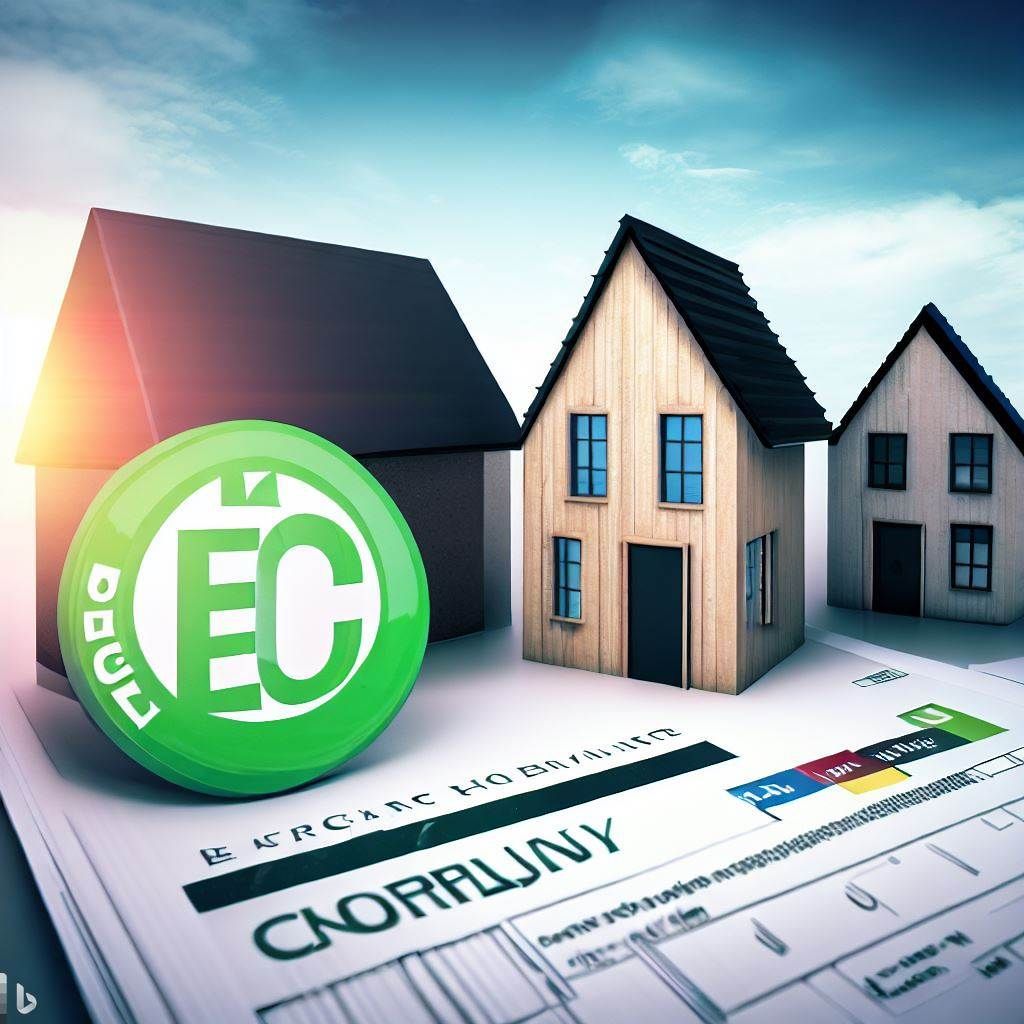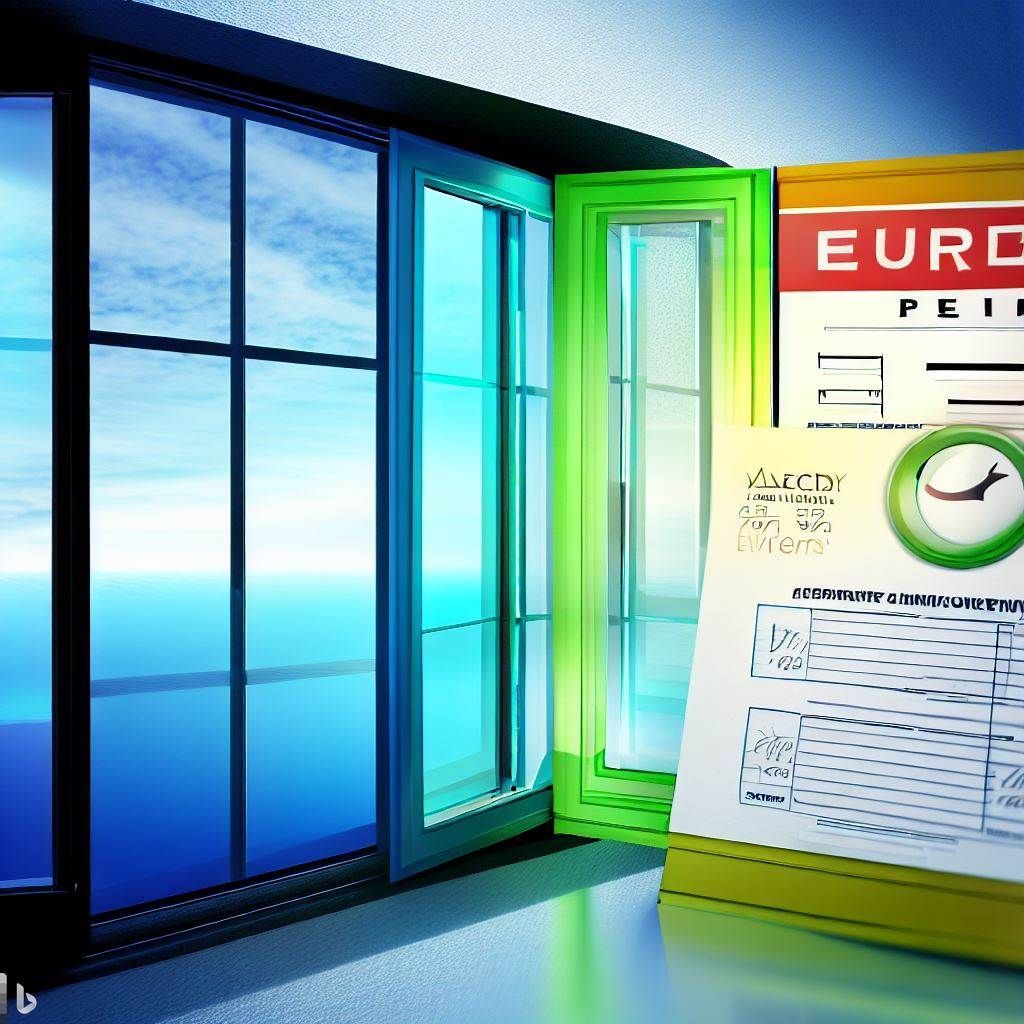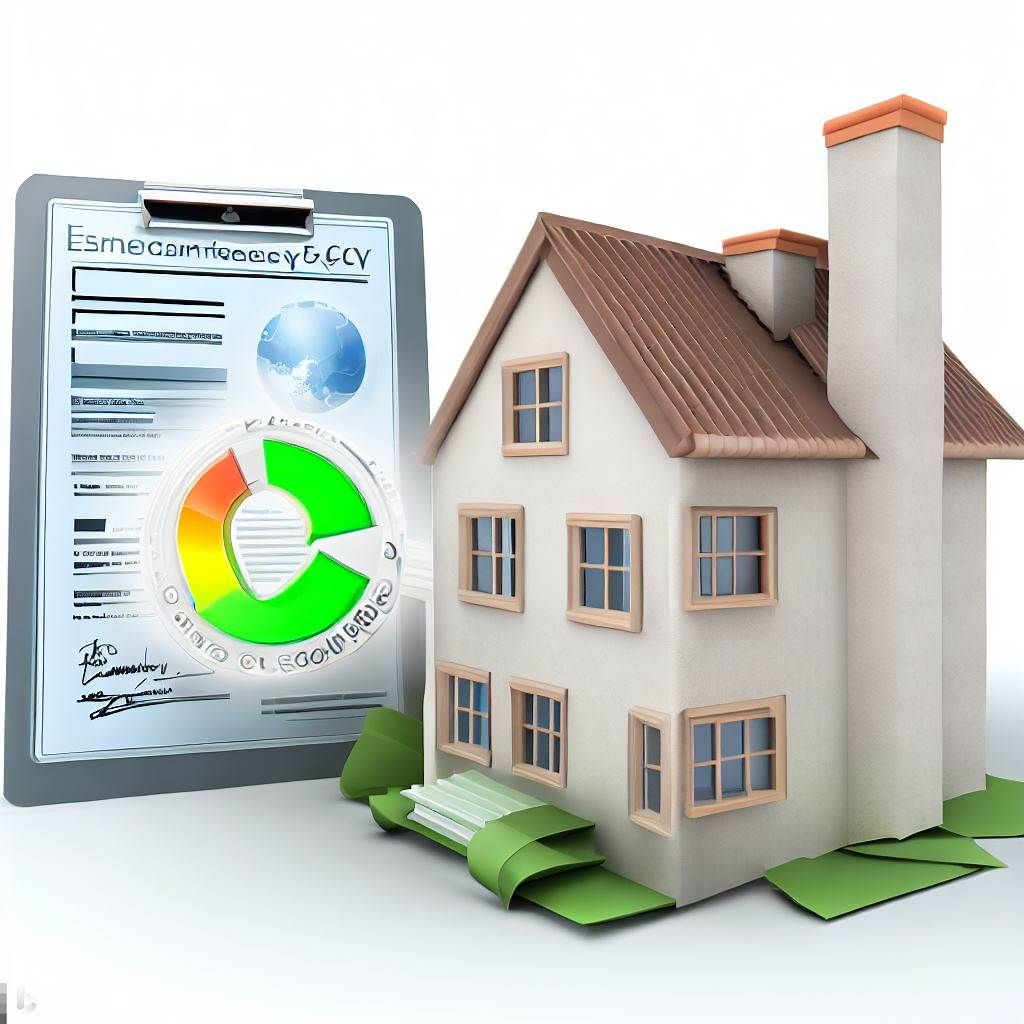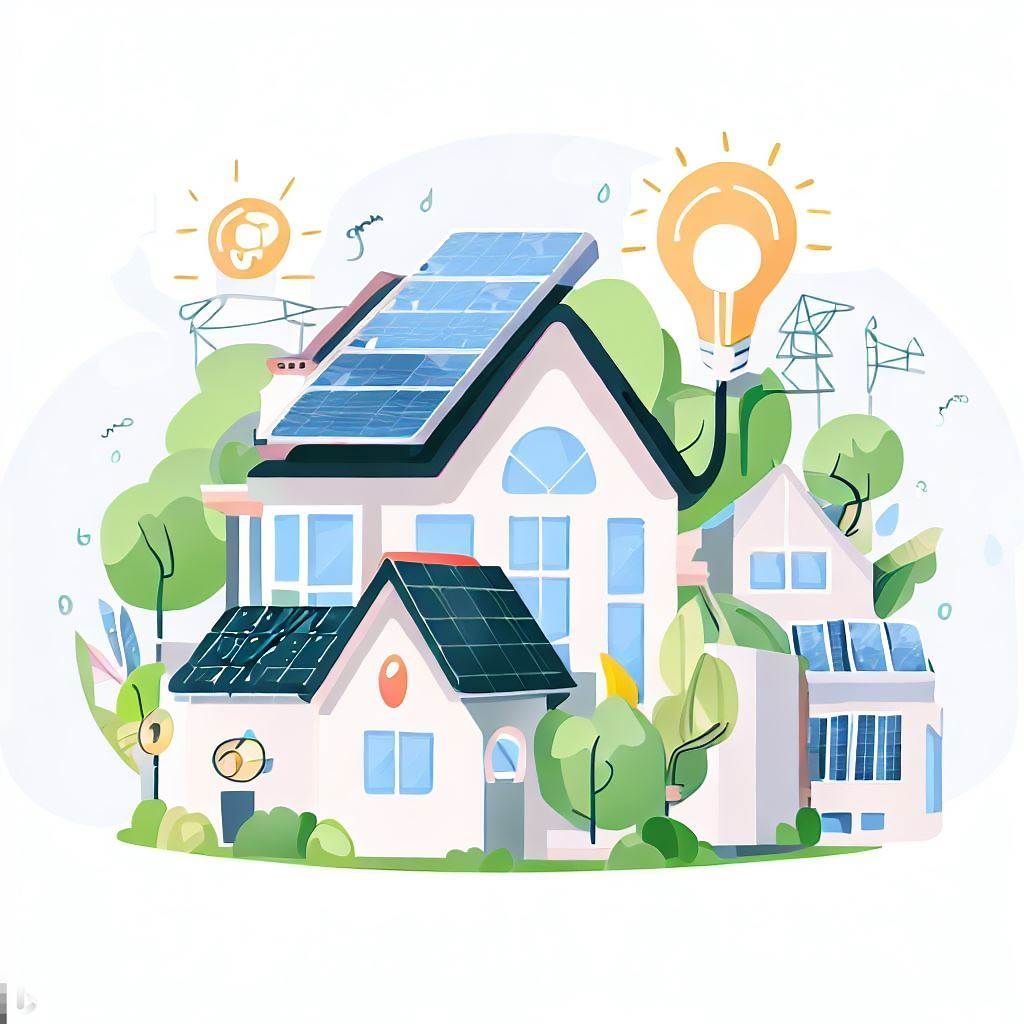How Do You Become An EPC Assessor In 2021? Easy - Follow One Of These Three Steps
Find the difference between EPC Training, DEA Course and Non Domestic EPC.

EPC Training
So what does EPC Training stand for? It is an acronym for Energy Performance Certificate Training. An Energy Performance Certificate shows how energy efficient homes are in the UK. EPC Training is studied because people who want a career in the Green Energy Sector. People have been training in courses related to this matter since 2007. Why is this? As with a lot of things; it was a change in the law. In 2008 (for England and Wales, 2009 for Scotland), a certificate to show a domestic home's energy efficiency was mandatory. So the Energy Performance Certificate (or EPC) was born. As the years have gone by, EPC Training has evolved. In the beginning, courses studied at training centres and colleges in 2021 there are many different options. You can learn at a training centre, take an online EPC Course, or a mixture of the two. Read this article for more information on the three approaches.
DEA Course
The DEA Course – the source of much confusion! But do not worry – once you have read this, it will become much more straightforward. Not surprisingly, it has nothing to do with American law enforcement. The 'DEA Course' stands for Domestic Energy Assessor course. So many people ask – do I need to study two courses? Thankfully, the answer is no. A Domestic Energy Assessor (DEA) is the person who produces the Energy Performance Certificate (EPC). Therefore, if you are doing your research and come across these two terms, you know what they mean. The DEA Course that you will study is called a Level 3 In Domestic Energy Assessment. The main awarding bodies of these qualifications are City and Guilds and ABBE (Awarding Body For Building Education). Training Centres and Colleges will teach the Awarding Bodies Qualification. Any of these qualifications will mean you are a licenced Domestic Energy Assessor that can EPC's.
Non Domestic EPC
So we have looked at the 'Domestic' side of EPC's but did you know about Non-Domestic EPC? As the name suggests, Non-Domestic EPC's are concerned will properties like shops, warehouses and factories. It covers a much broader scope, and therefore the qualification is more in-depth. The person who carries out this role is a Commercial Energy Assessor. As with the DEA course, the two Awarding bodies are City and Guilds and ABBE. For this EPC Training Course, there are two levels. Level 3 In Non-Domestic Energy Assessment (L3 NDEA) allows you to assess properties with a heating system of up to 120kw and air conditioning unit of up to 12kw. Level 4 in Non-Domestic Energy Assessment (L4 NDEA) lets you assess properties with more extensive heating and air conditioning units. As this is considered a more technical role, there are higher earning opportunities as a Non-Domestic DEA. We cover the Non-Domestic area of EPC's in other articles on our website.
EPC Assessor in 2021?
In Conclusion, to become an EPC Assessor in 2021 is quite an easy process. When you know how to take an EPC Training course and why you have a few simple decisions, should I go to a training centre that offers the City and Guilds or the ABBE course? As stated, both are good DEA Courses and achieve the same outcome. Plus, never underestimate the Non-Domestic EPC Course. This is a large area that many people do not research. Please read our other articles on EPC Training to find further information.
